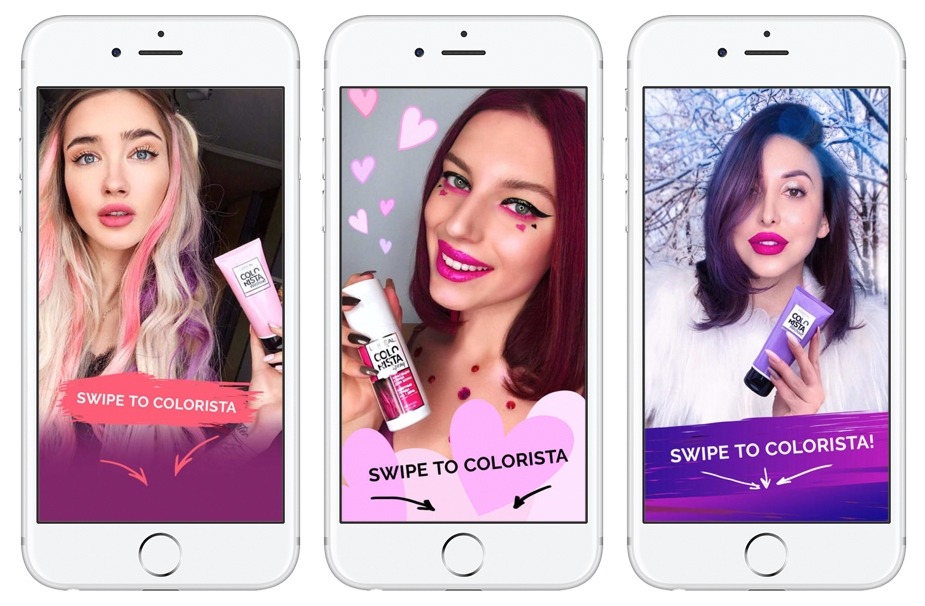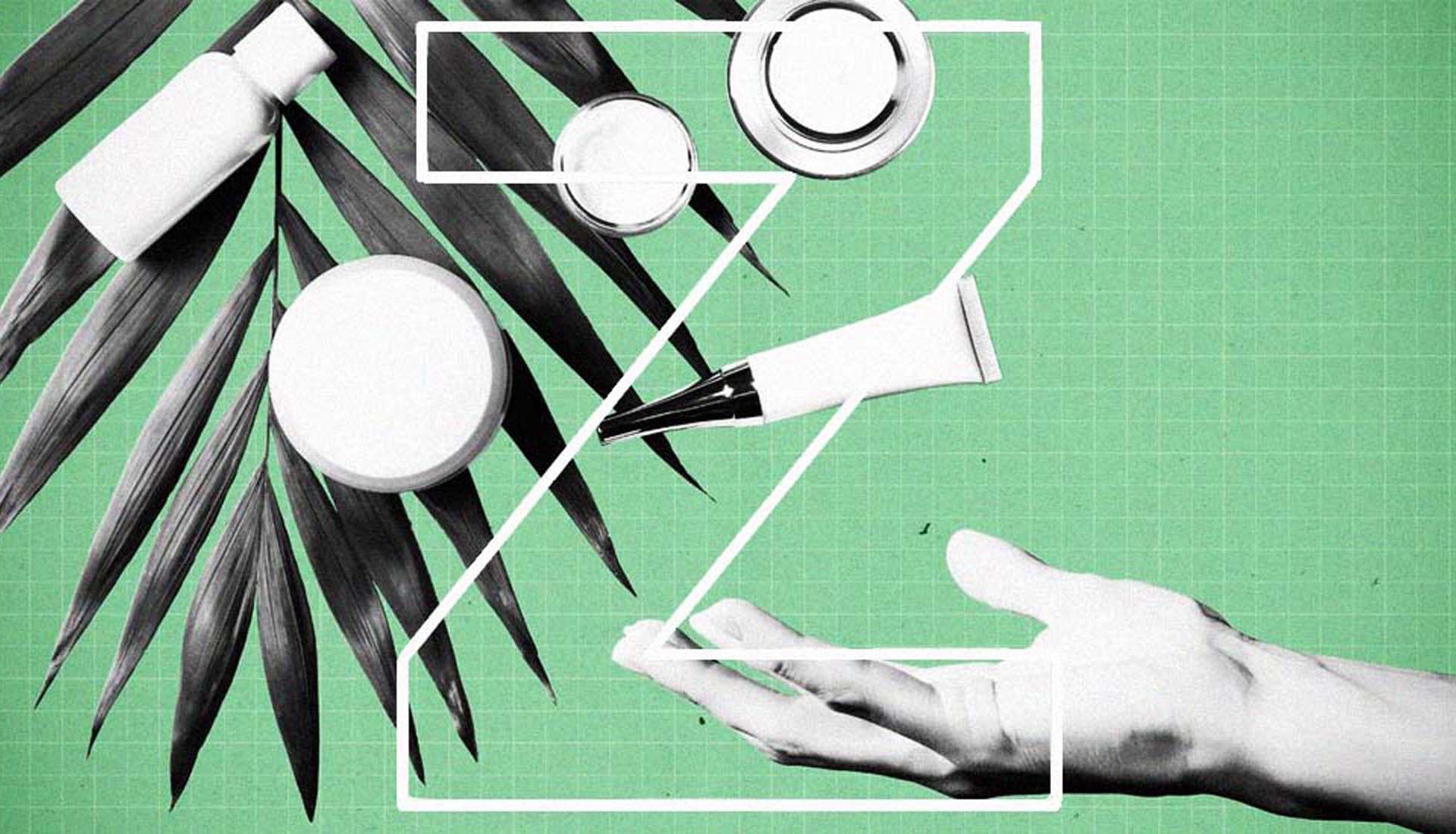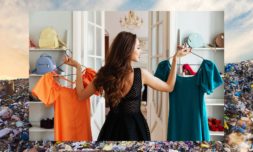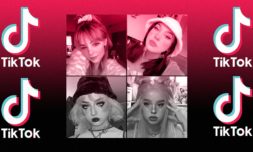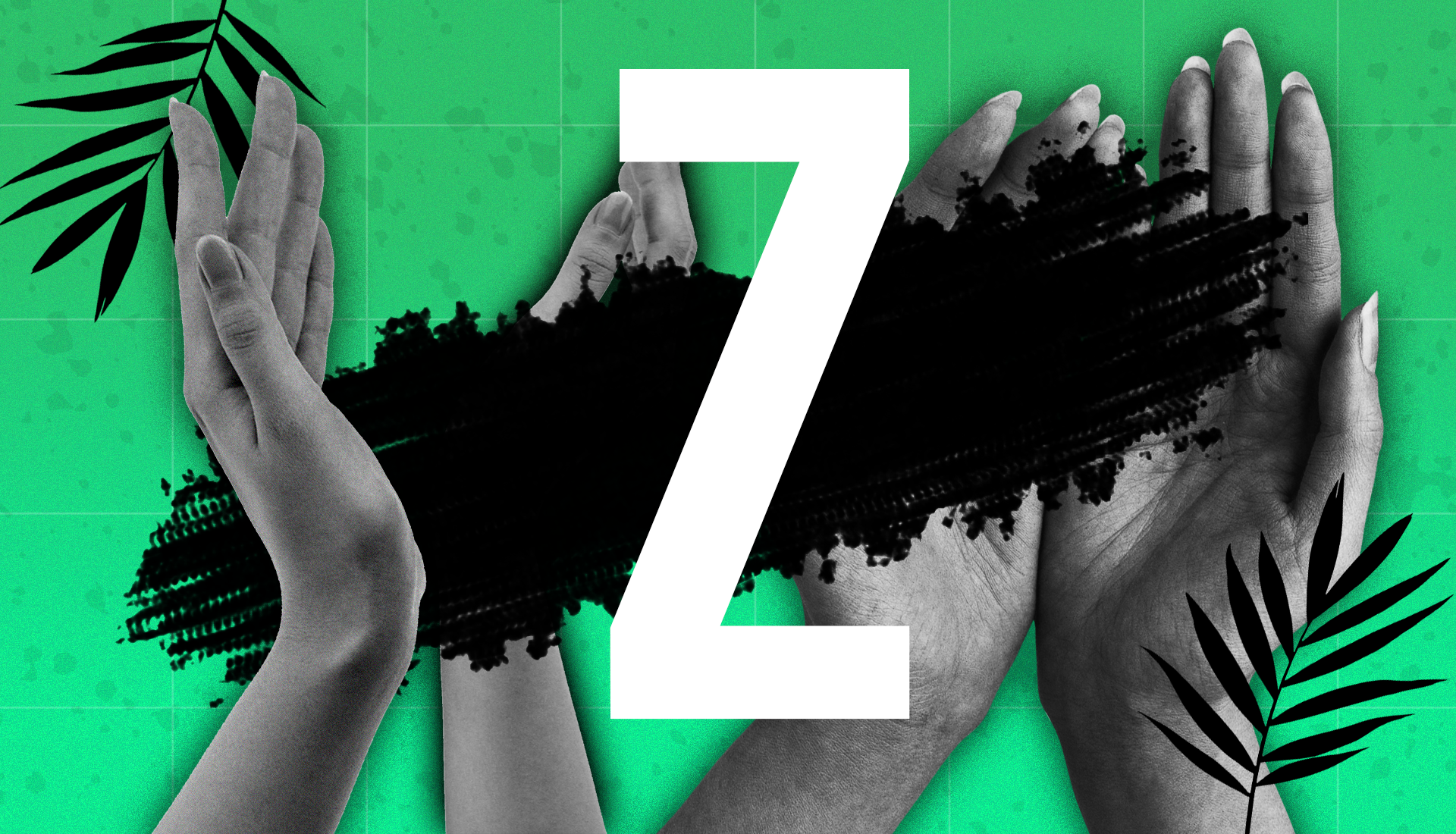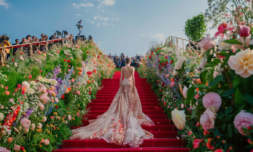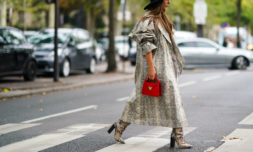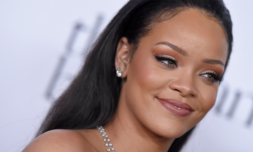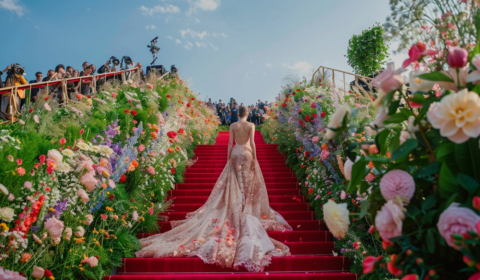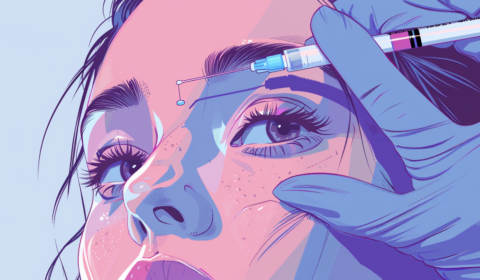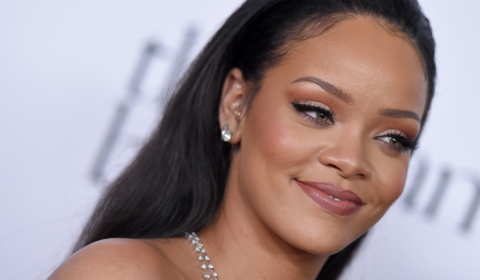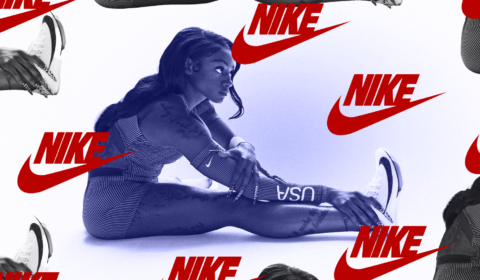What is the beauty industry doing to keep up with our rapidly changing society?
Since reading about how the VSCO girl trend was supposedly to blame for low makeup sales last year, I’ve been interested in finding out how Gen Z is shaping the future of the beauty industry. Although there’s an ever-growing focus on embracing our natural beauty these days, the beauty industry actually needn’t worry about Gen Z. In fact, young people in the 21st century might just be the best thing that ever happened to it, with spending up 20% from last year as teens continue to splurge on makeup and skincare with a difference.
Plus, the demand for new products does not seem to be waning. Growing up in the era of selfies and social media, Gen Z obsess more over their appearance than previous generations, but it’s not as narcissistic as it might sound. Hyper-conscious that they might be photographed anywhere, anytime, teens expect the images to end up online and view their personal identity as carefully curated composition. And, because they spend a lot of time building their own brand, which is constantly evolving, it makes sense that the beauty industry would want to keep up.
In Gen Z’s ongoing quest to define themselves, they are experimenting with individuality through fashion, hairstyles, and beauty, sharing the process with people both on and offline. Instead of seeking advice from someone they know, they’re more likely to turn to the internet for ideas, trends, and step-by-step tutorials from their favourite influencers.
That’s one of the reasons why HBO’s Euphoria was such a hit. A perfect encapsulation of Gen Z as we know them today, the series embraced the propensity of younger generations to express themselves with their aesthetic. It broke barriers by taking a step back from TV’s tendency to provide viewers with unrealistic beauty expectations giving us a prime example of how we use makeup to not only represent who we are but what we want to be in a specific moment. I mean, there’s a reason your Instagram has been flooded with looks inspired by the show for months now.
What Euphoria also did right was channel the Gen Z drive to defy gender norms. By concentrating on the subliminal emotional messages behind the makeup, on-set makeup artist Doniella Davy overlooked whatever societal beauty ‘rules’ were in place and chose to simply present the characters in a raw and unfiltered way that best suited them. These ‘rules’ are what Gen Z are fighting to transform, in favour of more modern, liberal views on race, identity, gender, self-expression and sexuality. Rules that unsurprisingly play into current beauty trends.
For one thing, women no longer corner the beauty market – male makeup is rapidly gaining traction and the industry’s paying attention. Fuelled by changing attitudes towards masculinity, it’s an emerging player in the beauty game as taboos surrounding men’s interest in it begin to fade. Makeup is slowly becoming regarded as an all-inclusive tool of personal transformation; an optional form of self-expression and self-care. So why wouldn’t major brands such as Chanel and FENTY want to follow suit (as they have done with BOY de Chanel and FENTY’s range of foundation aimed specifically at men)?
